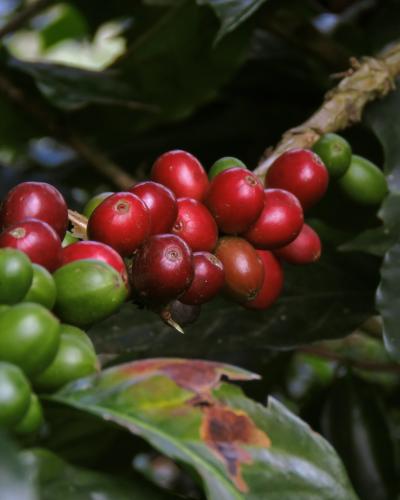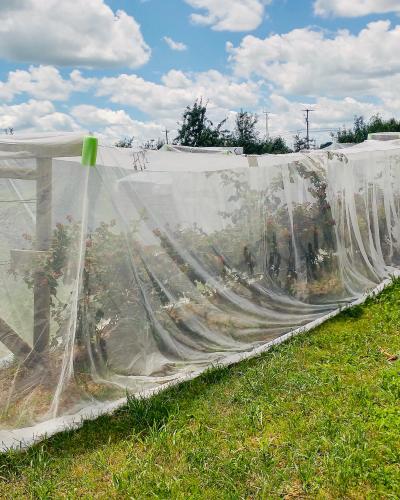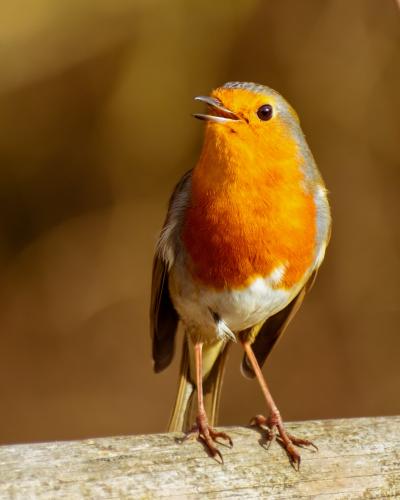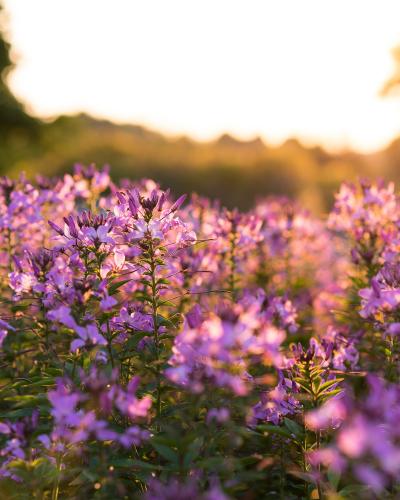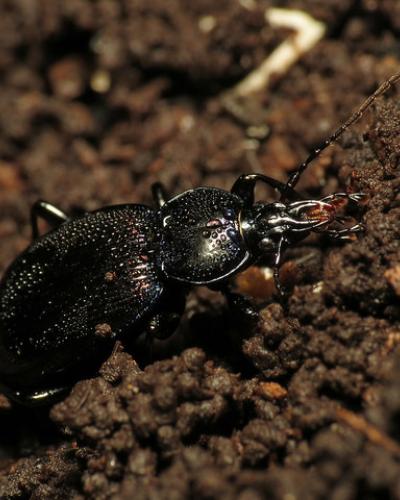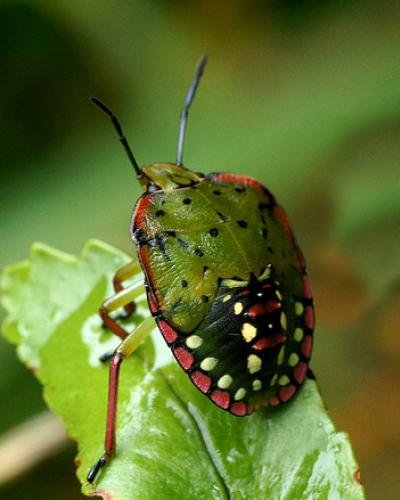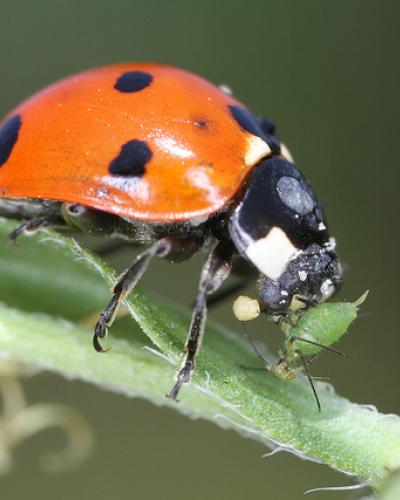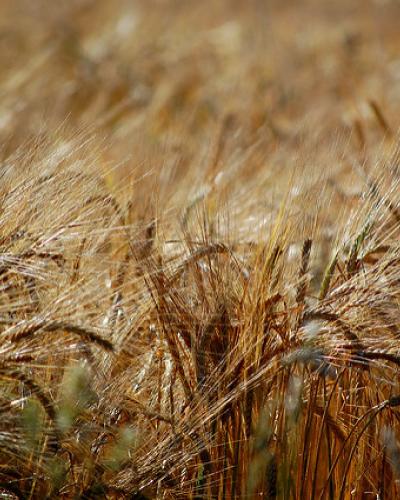Despite the use of chemical pesticides to combat the economically important coffee berry borer pest, a new study in IOP Conference Series: Earth and Environmental Science finds that non-chemical...
Dec 07, 2020
Natural habitat like woods and natural grasslands are known to support more insect and wildlife biodiversity than agriculturally intensive landscapes, but not all insects and wildlife such as...
Nov 25, 2019
Photo Credit: Ryan Kuesel
Some invasive pests are nearly impossible to control, even with the most powerful chemicals, but netting is proving to be a promising solution for...
Jul 22, 2019
Photo Credit: Joseph Watson
Organic certification requires farmers to support important biodiversity such as birds and bees. While a lot of research has shown that more...
May 20, 2019
Photo credit: Chris Abney
Apple production in North America and Europe is largely threatened by two insect pests: rosy apple aphids and codling moths. In conventional apple...
Sep 20, 2018
Photo credit: Katja Schulz
A new study published in Agriculture, Ecosystems and Environment sought to understand the effect of conversion from conventional farming to...
Aug 28, 2018
Photo credit: Bernard Spragg
A recent study published in the Journal Nature Sustainability used two different meta-analyses to demonstrate that organic farming promotes...
Jun 19, 2018
Photo credit: Mat79
It is commonly believed that while organic farming reduces pesticide use, it can also increase pest infestations if non-chemical control is not...
Nov 06, 2017
Photo credit: John Flannery
A recent study published in the Journal Integrative and Comparative Biology has found that organic systems may be more resilient to pest...
Oct 14, 2016
Photo credit: Tim Parkinson
A recent study published in Landscape Ecology has reaffirmed that organic farming leads to greater yields and pest control by supporting natural...

